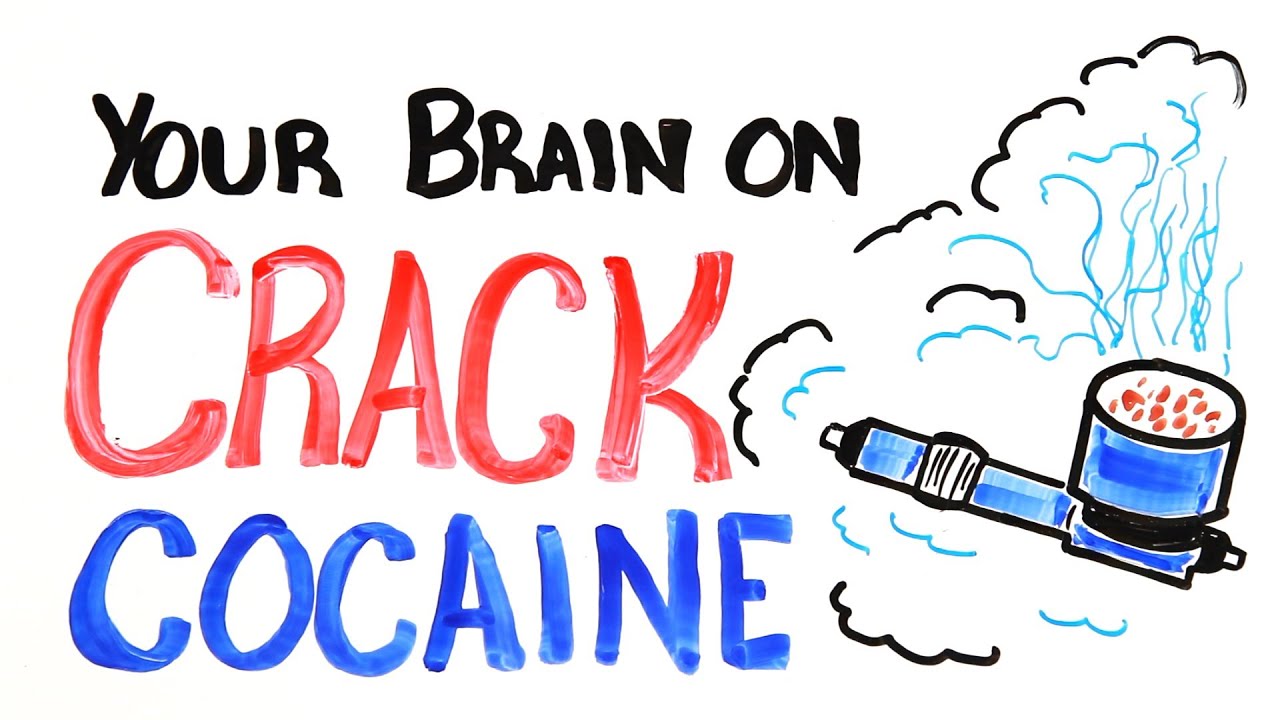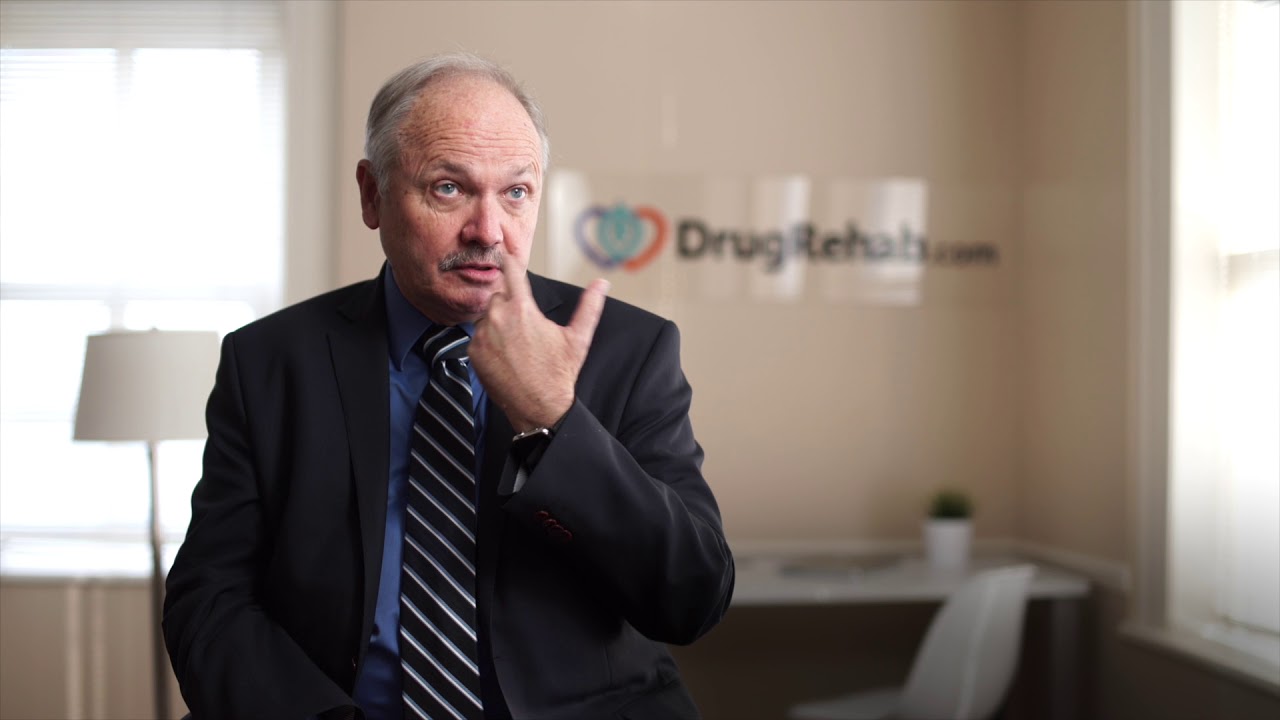Cocaine, a powerful stimulant derived from the coca plant, has been part of human culture for centuries. From medical use in the 19th century to its current status as a drug of abuse, the effects of cocaine have proven to be devastating. This substance creates intense euphoria, making many individuals fall into a crippling cycle of addiction. Today, the consequences of cocaine use extend far beyond the individual, impacting families and communities at large. At Mothers Against Addiction, we strive to support parents grappling with the complexities of addiction and the tragic loss it sometimes brings. Let’s delve deeper into understanding the effects of cocaine and their repercussions on society.

Understanding the Effects of Cocaine: A Deep Dive into Its Consequences
Cocaine’s allure lies in its immediate effects, but this temporary euphoria masks a troubling reality. Many people associate cocaine with glamour and social success, which can lead to its increasing misuse. The cycle of addiction can drag anyone down a path of despair, affecting not only the user but also their loved ones. As we explore the effects of cocaine, keep in mind that knowledge is power, especially for parents who want to protect their children.

Top 7 Effects of Cocaine That Are Affecting Society Today
Cocaine addiction is becoming all too common, with approximately 1.5 million Americans reported as having cocaine use disorders in 2021, according to the National Institute on Drug Abuse (NIDA). The growing accessibility of this drug and the false notion that it’s a harmless social substance contribute to these alarming numbers.
The psychological consequences of cocaine use are significant. Research shows that cocaine users are 3.5 times more likely to experience mental health disorders, including anxiety and paranoia. A troubling statistic from The Journal of the American Medical Association indicates that cocaine can also lead to psychotic episodes, further complicating any potential recovery.
Chronic cocaine use wreaks havoc on physical health, leading to serious medical problems. Users face increased risks of heart attacks and strokes, per a report from the American Heart Association. The connection between cocaine and sudden cardiac death highlights a gruesome truth: the drug isn’t just dangerous, it’s life-threatening.
Long-term cocaine users may experience significant cognitive deficits. Heavy use can lead to memory loss and impaired decision-making abilities. Neuroimaging studies published in Nature Neuroscience strongly suggest lasting changes in the brain’s white matter, ultimately affecting the user’s capacity for self-control and impulse regulation.
When a parent struggles with cocaine addiction, the effects ripple throughout the family. According to the Center for Addiction and Mental Health in Canada, children of addicted parents become exceptionally vulnerable. Without proper support, they could follow in their parents’ footsteps, continuing the cycle of addiction.
The cocaine trade has become a major driver of crime globally. Countries like Colombia and Mexico are heavily affected by violence linked to drug trafficking. The UN Office on Drugs and Crime reports a direct correlation between cocaine trafficking and rising violent crime rates, negatively influencing entire communities.
The financial burden of cocaine addiction is staggering, costing the U.S. economy over $600 billion annually. These costs arise from healthcare needs, lost productivity, and the expenses associated with the criminal justice system. Investing in treatment policies focused on prevention can reduce these burdens significantly.

Cocaine Versus Steroids: A Closer Look at Side Effects
While cocaine and anabolic steroids are both abused substances, their side effects differ immensely. Here’s a closer examination:
Understanding these differences can empower parents to discuss substance use with their children more effectively.

Addressing the Challenges of Cocaine Use
Overcoming the challenges posed by cocaine requires a well-rounded approach. Prevention and treatment initiatives, alongside community support, play crucial roles in combating addiction. Mothers Against Addiction advocates for resources that empower families shattered by addiction, reminding parents they’re not alone. Together, we can work towards dismantling the stigma that often surrounds drug use, creating pathways for recovery and hope.
The road to recovery hinges upon early intervention and community involvement. While the journey can be arduous, fostering open conversations around addiction may help break cycles of despair. Educational initiatives and compassionate outreach efforts become essential as we strive for greater understanding and support.
As we continue to navigate the intricacies of the effects of cocaine, we invite everyone—health professionals, educators, and families alike—to stand united. By fostering cooperation, we can cultivate a landscape where recovery is a viable option, and hope is within reach.
In this battle against addiction, let’s not forget the power of community support, like the resources provided by Mothers Against Addiction. We’re here to uplift parents and families affected by addiction—because together, we can fight against the devastating impact of cocaine and promote healing and resilience in our society.

Effects of Cocaine: The Hard-Hitting Truth
The Body and Mind Connection
Cocaine’s effects aren’t just a quick high; they ripple through a person’s body and mind in profound ways. Users often experience intense euphoria, increased energy, and heightened alertness initially, but these effects mask the damaging consequences lurking underneath. Studies show that repeated use can lead to severe cardiovascular issues, including heart attacks. It’s like carrying around extra baggage, much like understanding the carry-on size limits with United Airlines—you( might think you’re fine until you hit the weight limit. Furthermore, long-term use can cause mental health problems, including anxiety and paranoia, stripping away normal life’s joys. For those navigating the aftermath, organizations like Hope Health offer support as families grapple with these harsh realities.
The Devil’s Deception
What makes cocaine truly deceptive is its immediate effects compared to the long-term toll it takes. Users often fall into a vicious cycle, needing more of the drug to recapture that initial high, leading to addiction. The brain rewires itself, and for many, breaking free feels like a fight against gravity. Interestingly, did you know that states are debating new regulations that affect even younger lives? For instance, the Iowa bill on child labor laws has sparked debates about how addiction can influence youth and their paths. It’s a stark reminder that the effects of cocaine extend beyond the individual, affecting families and communities. Those struggling with addiction need more than just knowledge—they need access to support systems like the Strive Pharmacy that work to help individuals reclaim their lives.
The Ripple Effect of Addiction
The widespread impact of cocaine extends to social, economic, and familial structures. Families often face heartbreak, feel helpless, and experience massive financial burdens due to a loved one’s addiction. It’s a malaise that stretches far beyond just one person. On the bright side, resources like Wgat help communities come together to combat addiction’s grip. Also, engaging with trivia can be eye-opening; for example, studies reveal that nicotine, with its own challenging side effects, intertwines with cocaine use, complicating recovery paths. The effects of cocaine aren’t just personal; they ripple through relationships, friendships, and professional lives, creating a cacophony of chaos that take a toll on everyone involved.
In conclusion, understanding the effects of cocaine isn’t just about the drug itself; it’s also about the heart-wrenching stories of those who struggle with it. Awareness is the first step toward change, but support makes the journey manageable.





























